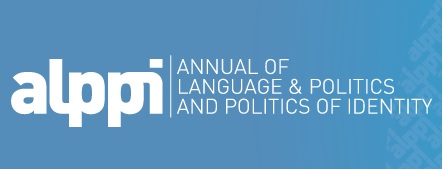Ontological Security of Post-Soviet De Facto States
Ontological Security of Post-Soviet De Facto States
Author(s): Urban JakšaSubject(s): Political Sciences, International relations/trade, Political psychology, Politics and society
Published by: Univerzita Karlova v Praze, Fakulta sociálních věd
Keywords: ontological security; de facto states; national identity; honour; Chechnya;
Summary/Abstract: The paper introduces the concept of ontological security to the study of de facto states and forwards the claim that the field would greatly benefit from putting more emphasis on the identity of these entities by drawing on a growing body of literature about state identity and ontological security. The starting premise is that, while non-recognition illegalizes de facto states and threatens their physical security, non-engagement presents no physical threat, but de-legitimizes de facto states and threatens their ontological security. The main argument developed on this basis is that de facto states act to fulfil their self-identity needs and preserve their ontological security, sometimes going as far as compromising their physical security and even their existence. The author goes on to provide arguments for the relevance of an ontological security perspective for the study of de facto states and – in particular – of the post-Soviet de facto states). In the second part of the paper, state identity and ontological security in the Caucasus are discussed in order to shed light on the relations between honour, identity, and foreign policy. Finally, the ontological security perspective is applied to analyse the case of the Chechen Republic of Ichkeria (CRI) between 1996 and 1999, its eventual defeat and reincorporation into its parent state – the Russian Federation.
Journal: ALPPI Annual of Language & Politics and Politics of Identity
- Issue Year: X/2016
- Issue No: 10
- Page Range: 31-48
- Page Count: 18
- Language: English

